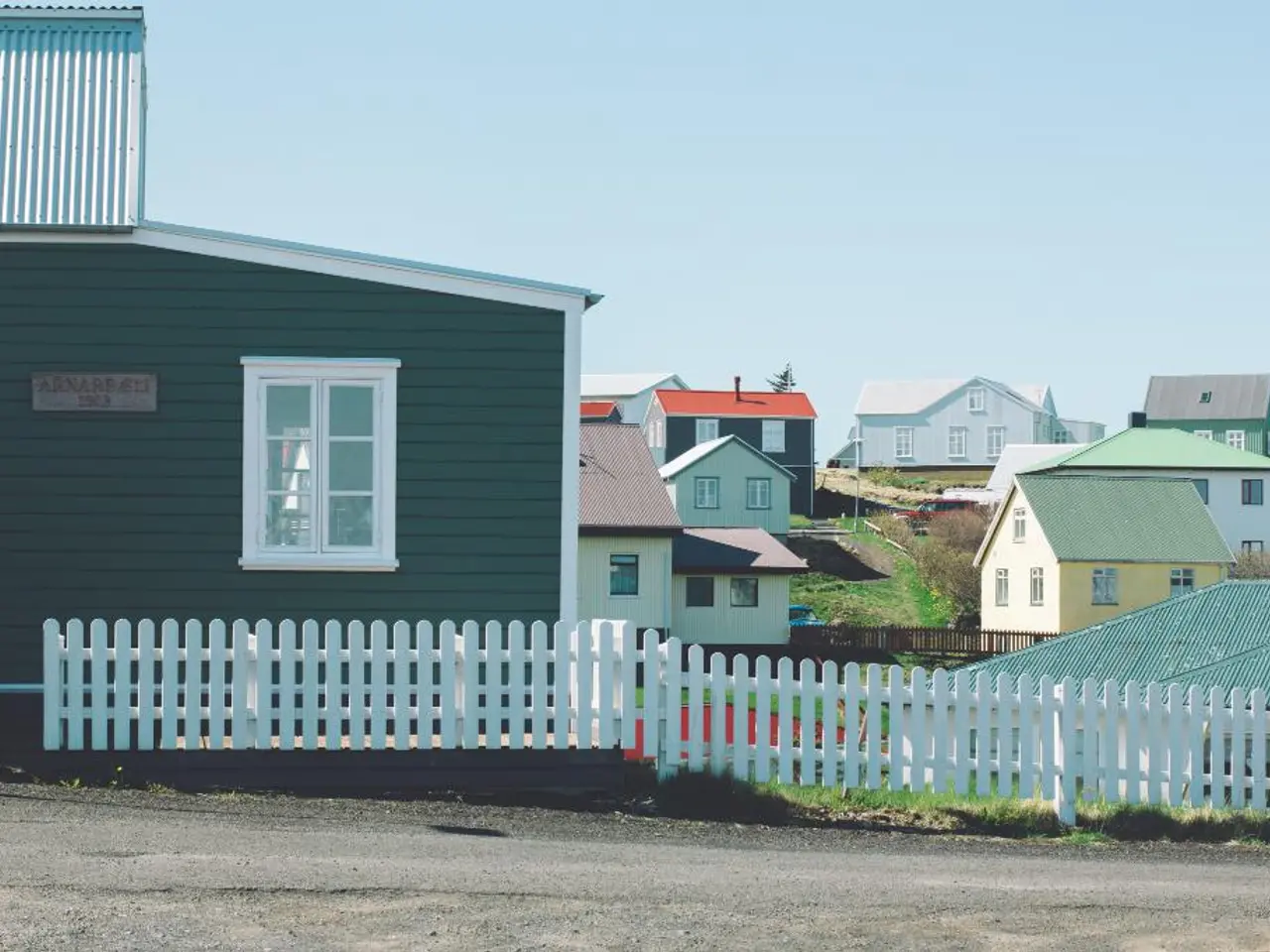Strategies for Minimizing Food Waste: Insights from Irish Culinary Experts
In Ireland, reducing food waste is more than just a money-saving strategy; it's a step towards combating climate change. By adopting eco-friendly cooking practices and implementing zero-waste management strategies, the average Irish household can potentially save around €700 per year, while significantly decreasing greenhouse gas emissions [6].
The French kitchen concept of mise en place, meaning "everything in its place," is fundamental. Irish chefs emphasize detailed recipe review, gathering all ingredients and tools before cooking, and organizing prep zones at home to improve efficiency and reduce waste from unused ingredients [1]. Home cooks can adapt these principles to minimize impulse buying and spoilage.
Proper food storage techniques are paramount for preserving food freshness and minimising waste. Chefs advocate for storing food in ways that maintain freshness, such as covering salads with damp paper towels and refrigerating them properly to keep crispness without sogginess [4]. Organizing the refrigerator by ingredient type and using clear storage containers helps track food usage before spoilage.
Creative cooking methods to use all ingredients are crucial. Irish chefs innovate by upcycling food scraps, peels, and trimmings instead of discarding them. For example, at The Lodge at Ashford Castle in County Mayo, scraps like watermelon rind are transformed into syrups, muffins, cocktails, and canapés, dramatically reducing food waste and saving costs and carbon emissions [1]. This mindset encourages home cooks to think creatively about leftovers and 'waste' parts, turning them into new dishes rather than compost or garbage.
Education and awareness are key to long-lasting impact. Chefs foster waste reduction by educating both staff and guests on sustainability practices [3]. Irish chefs bringing these messages to the home kitchen can empower families to be mindful about portions, leftovers, and shopping habits.
Collaborating with local food banks and charities aims to enhance eco-friendly cooking practices and reduce unnecessary waste. Chefs such as JP McMahon and Conor Spacey actively support local food banks and charities by donating excess ingredients [5].
Food waste has a significant impact on the environment, contributing to greenhouse gas emissions and depleting valuable resources [2]. Embracing zero-waste cooking techniques not only reduces environmental impact but also demonstrates a commitment to sustainable food preparation.
By adopting these strategies, Irish households can play a crucial role in mitigating climate change by significantly decreasing greenhouse gas emissions from the food sector. Reducing food waste also has a significant social impact, particularly in addressing issues of food security and hunger.
- Adopting the French kitchen concept of mise en place by reviewing recipes, gathering all ingredients, and organizing prep zones can help home cooks in Ireland minimize impulse buying and reduce food waste.
- Proper food storage techniques, such as storing food in ways that maintain freshness and organizing the refrigerator by ingredient type, can help reduce waste from spoilage in the Irish kitchen.
- Irish chefs like those at The Lodge at Ashford Castle incorporate creative cooking methods, like upcycling food scraps, to reduce food waste and promote sustainability in their food-and-drink endeavors.
- Home cooks in Ireland can take inspiration from the creative approach of Irish chefs, turning leftovers and 'waste' parts into new dishes instead of compost or garbage, thereby reducing food waste and saving costs.
- Embracing zero-waste cooking practices not only positively impacts the environment by reducing greenhouse gas emissions and preserving valuable resources, but it also demonstrates a commitment to sustainable food preparation and lifestyle.
- Collaborations with local food banks and charities, like initiatives led by JP McMahon and Conor Spacey, can help improve eco-friendly cooking practices in Ireland by effectively redistributing excess ingredients and reducing unnecessary waste.
- Eco-friendly meal planning, food and ingredient pairings, nutrition education, and sustainable home-and-garden practices can all contribute to reducing food waste and promoting a more sustainable lifestyle in Ireland, benefiting both the environment and society.




